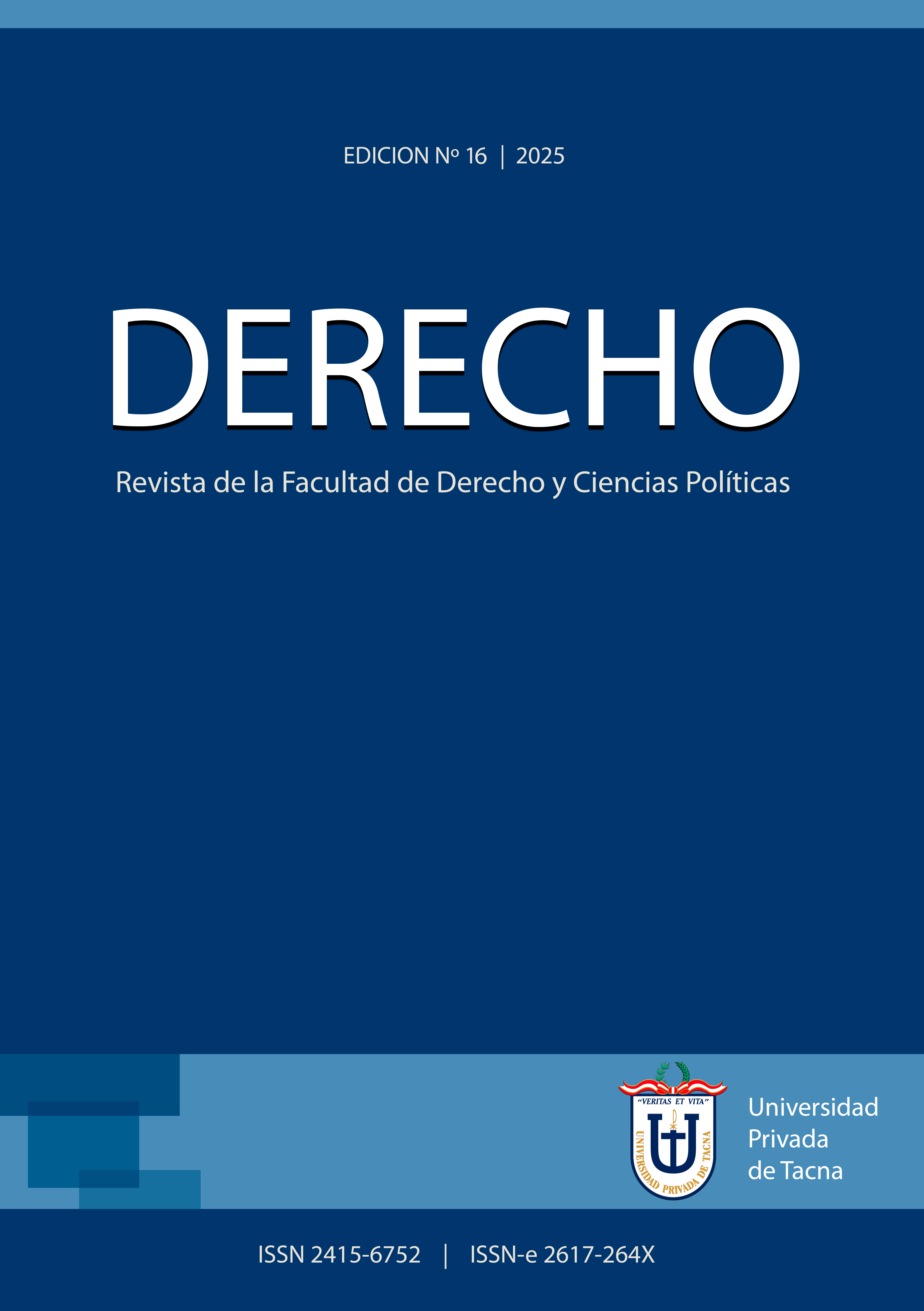Procedural effects arising from the exclusion of the affected third party in the annulment of a legal act: An analysis from the perspective of joinder of parties
DOI:
https://doi.org/10.47796/derecho.v16i16.1252Keywords:
Nullity of the legal act, necessary joint litigation, affected third party, due process, legal certaintyAbstract
The objective of this research was to analyze the procedural implications of the exclusion of the affected third party in nullity proceedings, highlighting its impact on the validity of the process and the protection of civil rights. The study addresses a significant gap in legal knowledge. While legislation and jurisprudence recognize the importance of necessary joint litigation, gaps and ambiguities persist in its practical application, especially with regard to effective judicial protection and legal certainty. The methodology employed was qualitative, with an exploratory-descriptive design, utilizing documentary analysis of regulations, doctrine, and jurisprudence, as well as in-depth interviews with judges, professors, and civil lawyers. Their responses allowed for the triangulation of theoretical and regulatory findings with judicial reality. The results show that the exclusion of the affected third party violates due process and can lead to unremediable nullities, unenforceability of judgments, and increased litigation, compromising legal certainty and the protection of real rights such as property and possession. It is concluded that the participation of a third party as a necessary joint litigant is an essential requirement for the validity and effectiveness of the judgment. A broad and systematic interpretation of joint litigation is recommended, as well as the proactive intervention of the judge to ensure the inclusion of all interested parties in the process of nullifying the legal act.





